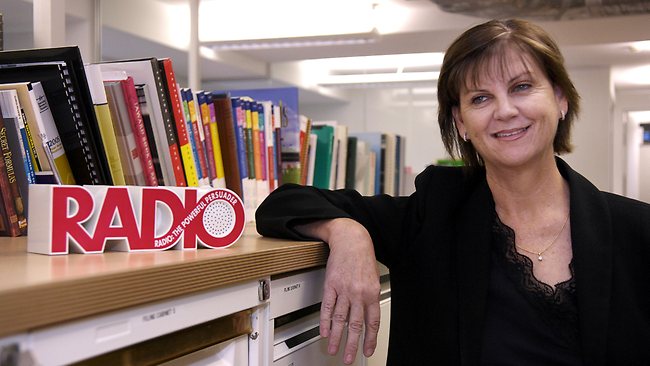“We welcome the removal of broadcast licence fees” says Joan Warner

After an extended tug of war between the Coalition and Australia’s broadcast media, the Turnbull Government is readying to abolish broadcast licence fees.
The long-overdue broadcasting reform package, announced on Saturday morning, is expected to “improve the sustainability of Australia’s free-to-air broadcasting sector”.
The elimination of radio broadcast licence fees would result in around $20 million in annual cost savings and help counter increasing pressure from unregulated international and online competitors, according to a statement by Commercial Radio Australia.
The cut, together with a small increase in fees for the use of spectrum, is expected to result in a drop of 94% in the total fees commercial radio stations pay to the government.
If passed by the senate, the two out of three and 75% audience reach rules could also be abolished, a move which may help sales and divestment for both radio and TV networks.
Another big upside with these changes is the potential for mergers and acquisitions between big media companies.
A possible Ten Network purchase by Murdoch is rumoured, an SCA and the Nine Network merger is already on the table according to reports, and as some media analysts also predict, a merger between Seven Network and either ARN or Macquarie Media would make commercial sense.
Joan Warner, the chief executive officer of peak industry body CRA, said broadcasters were very supportive of the changes and appreciative of the consultative approach that has been taken by Minister Fifield with the commercial radio industry during which CRA has sought assurances that all individual licences will receive significant benefit from the reductions.
“We welcome the removal of broadcast licence fees, which will provide a fairer competitive environment and allow radio to invest even more in Australian jobs and content. We call on the Parliament to support this package which provides much needed relief for local Australian radio,” Ms Warner said.
“However, we are also keen to ensure that all CRA member stations receive substantial reductions in fees paid and so we will be working closely with the Government on the methodology used to calculate spectrum fees for CRA members.”
The broadcasting reform package, to be announced as part of the Budget, also proposes restrictions on gambling advertising in live sports broadcasts, starting five minutes before the game begins until five minutes after it ends, up until 8.30pm at night.
Warner also noted that gambling advertising is already covered by the Commercial Radio Code of Practice and existing federal and state regulations. “…the industry would like to see any new restrictions accompanied by a national harmonisation and simplification of existing, disparate rules relating to gambling advertising.”
CRA also applauded the decision to apply the same restrictions to the streaming of live sports broadcasts, where in the past, broadcasting alone has often borne the brunt of any new advertising regulation, creating further imbalance in the competitive landscape.
“While we believe the concern is not with radio but with television and online, we do understand concerns of the community about gambling advertising and plan to revise our Code of Practice to incorporate the new requirements,” Warner said.




I may not have a full understanding here, but how does this create more Australian radio jobs? Networks won’t invest more in local content jobs, they’ll simply keep doing what they’re doing and money saved becomes extra revenue for the company.
Jobs are lost during merges. Southern Cross & Austereo resulted in multiple job losses as would any company merge in any industry. Of course the big CEO’s want this though. Greater power and profits.
Having a broadcast license is no longer a privilege with a common set of responsibilities to communities. It’s just ‘how many poker machines can we fit in this RSL before we cop a fine’ big money chasing big money. And you all keep voting for them expecting to one day be rich or impressive by association.